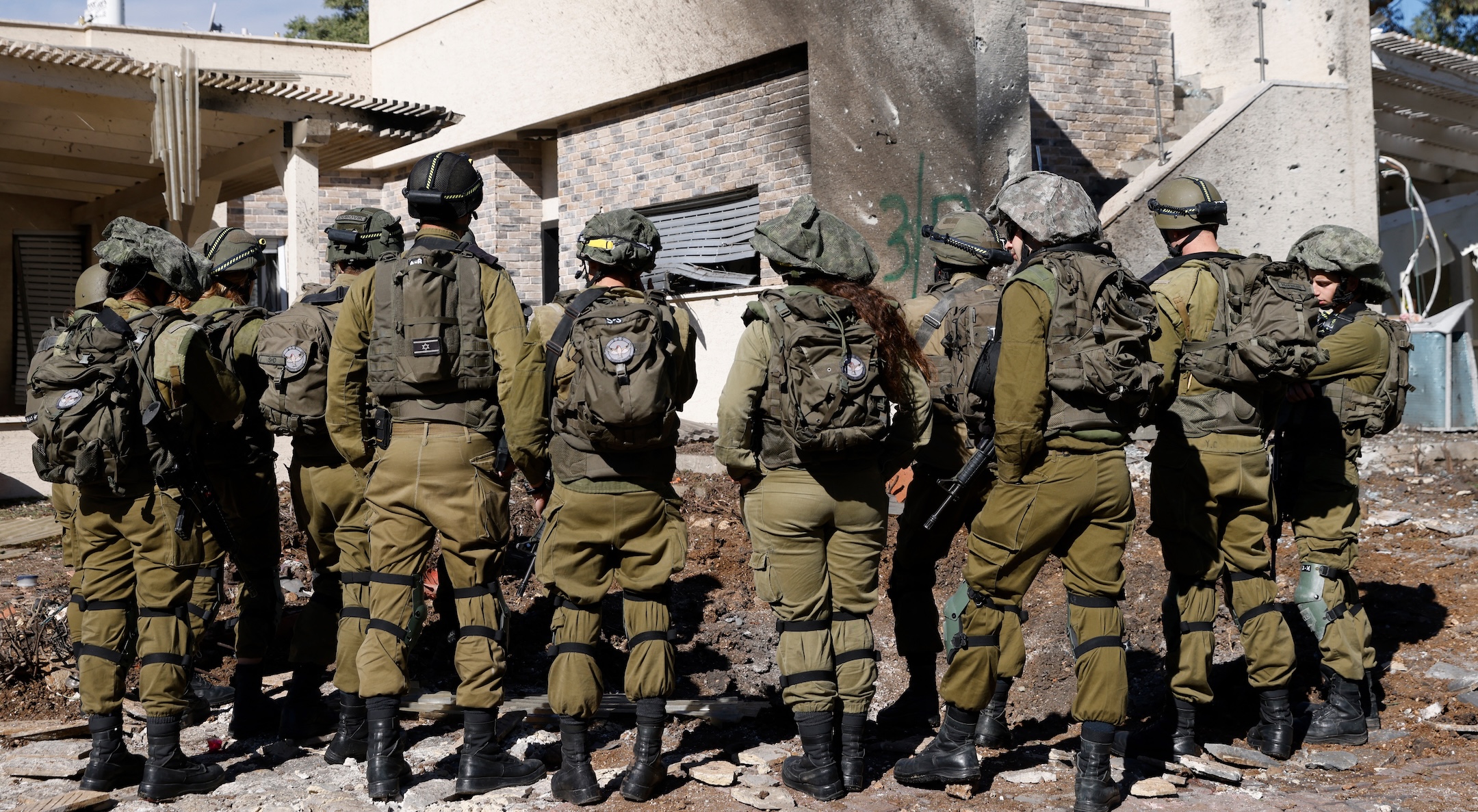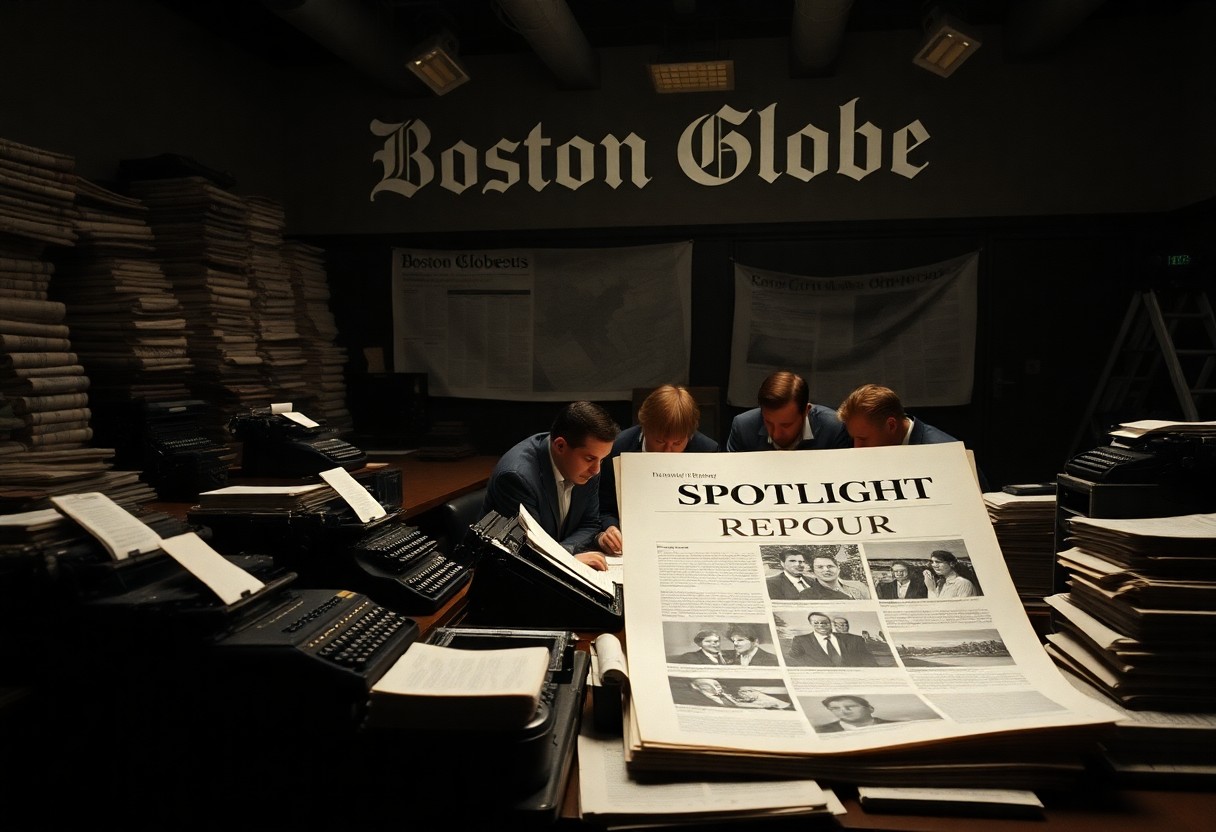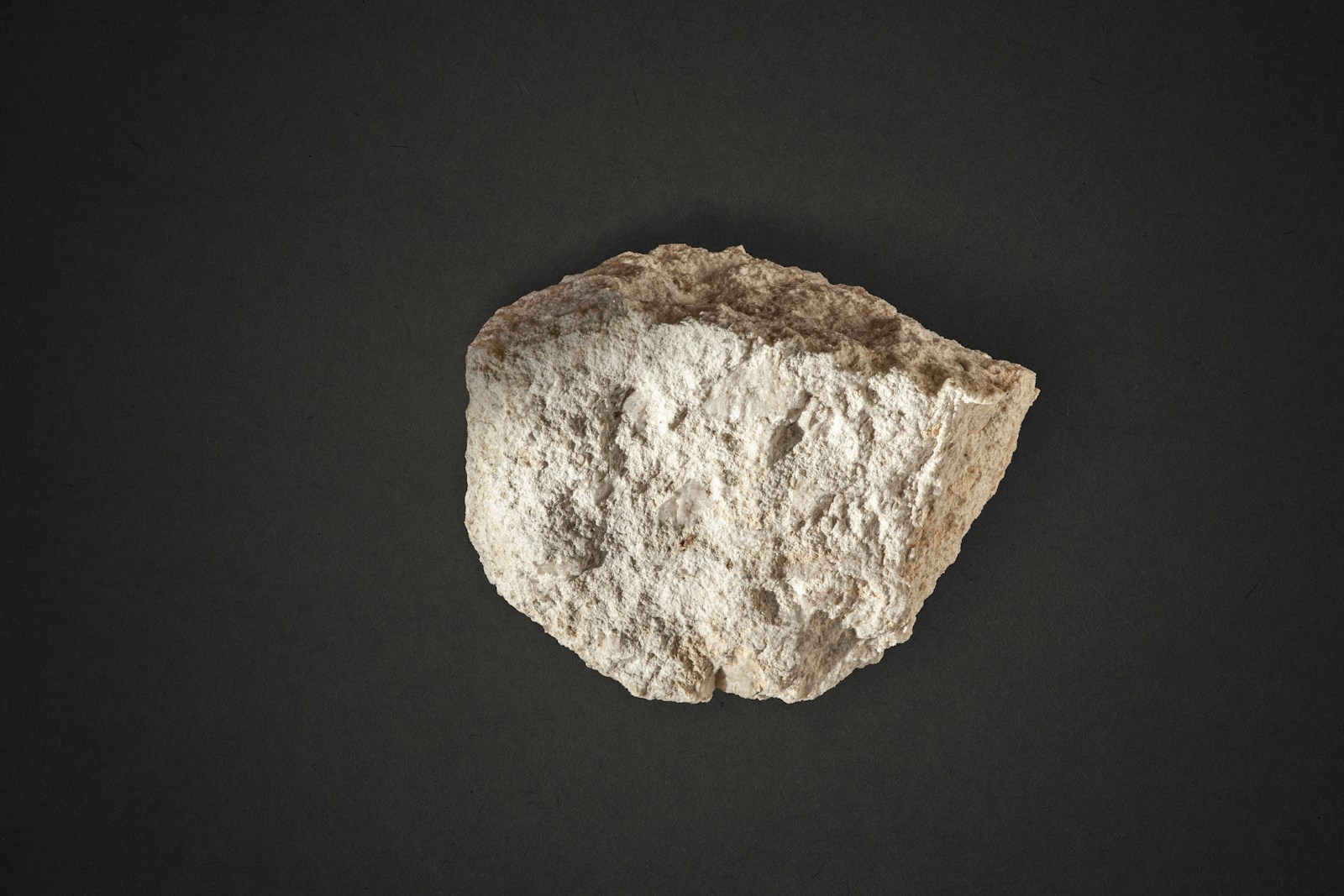British authorities told a London Chabad center to refrain from fundraising for the Israeli military because doing so is against the law, according to an official warning issued Wednesday.
The Chabad Lubavitch Centres North East London and Essex raised about $2,300 for a soldier in the Israel Defense Forces in late 2023. The group’s modest fundraiser was one of countless such efforts organized by Jews around the world on behalf of Israeli soldiers fighting in Gaza.
But raising money for a soldier of a foreign military is illegal under U.K. law. Members of the public opposed to the fundraising effort filed 180 complaints against the organization, according to the Charity Commission, which began investigating in December 2023.
“It is not lawful, or acceptable, for a charity to raise funds to support a soldier of a foreign military,” Helen Earner, director for regulatory services at the Charity Commission, which oversees charities in England and Wales, said in a statement.
She added, “Our official warning requires the charity to set things right and is a clear message to other charities to stay true to their established purposes.”
The trustees of the Chabad center, which is affiliated with the worldwide Jewish outreach movement based in Brooklyn, called the commission’s findings “regrettable” but did not dispute them.
“We acknowledge that in facilitating a campaign to provide warm clothing and the like, however briefly and however modest its results, the charity exceeded its purposes and we are grateful for the guidance provided by the Charity Commission to ensure that this won’t happen again,” the center told the Jewish Chronicle.
The case marks the first time that the Charity Commission has chastised an organization over its fundraising for the Israeli army, but it may not be the last. The commission has taken on 200 regulatory cases since the war between Hamas and Israel broke out and has made 40 referrals to law enforcement, it said in a press release, which also noted that those cases involve organizations with a variety of different viewpoints on the conflict.
Last July, the commission announced an investigation into the humanitarian relief agency World Aid Convoy after it raised money through Gaza Now, a media outlet that supports Hamas, which is designated as a terror organization by the British government. A few months earlier, Al-Manar Centre, an Islamic institution in the city of Cardiff, was targeted by the commission for posting to its Facebook account a video “that could suggest support for Hamas.”
Regulators in other countries are also contending with a large number of fundraisers for Israeli troops that may skirt or run afoul of local laws. Jews across the Diaspora have donated hundreds of millions of dollars worth of equipment to IDF units and individual soldiers. In the United States and France, where the bulk of fundraising has taken place, pro-Palestinian voices have criticized this use of tax-exempt dollars, calling for government action against it. Some countries, including Canadahave bans on charitable support for foreign militaries in their legal codes, though they are not always well enforced.
The regulatory battles come as the Israeli military has heavily relied on grassroots donations from around the world since the war with Hamas broke out in Oct. 2023. Following its nearly unprecedented mobilization of hundreds of thousands of troops, the Israeli military did not possess sufficient protective gear, and masses of individual soldiers took to social media to solicit donations to make up for shortages. The military officially denies any shortages but demand for items such as tactical helmets and combat boots has remained high 15 months into the fighting, and as reserves units return to the frontlines.
Of all the countless fundraising efforts since Oct. 2023, the one launched by the London Chabad center is not very large or prominent: a small fundraising page set up to support a single soldier.
“In the immediate aftermath of 7 October, there was concern, fuelled by social media reports, that due to the haste and sheer numbers of reservists being called upthere was not anything like enough winter clothing and protective gear to keep these young people safe from harm,” the center told the Jewish Chronicle. “Understandably, our community wanted to help.”
Keep Jewish Stories in Focus.
JTA has documented Jewish history in real-time for over a century. Keep our journalism strong by joining us in supporting independent, award-winning reporting.











